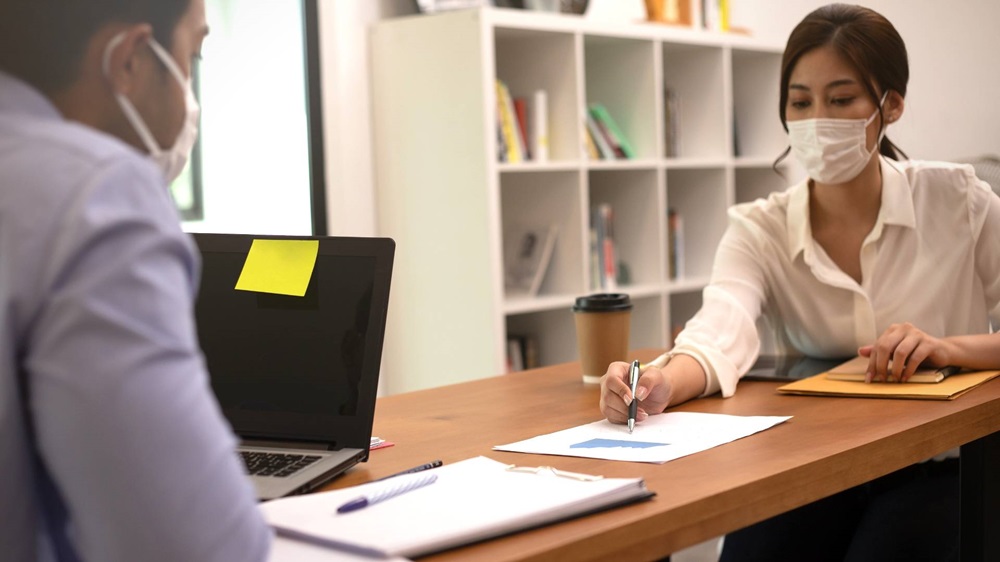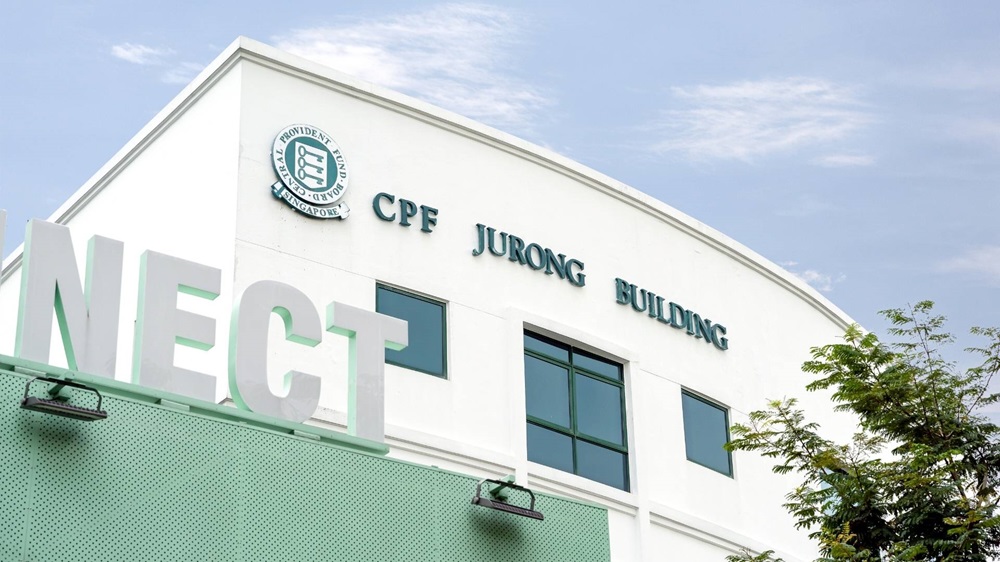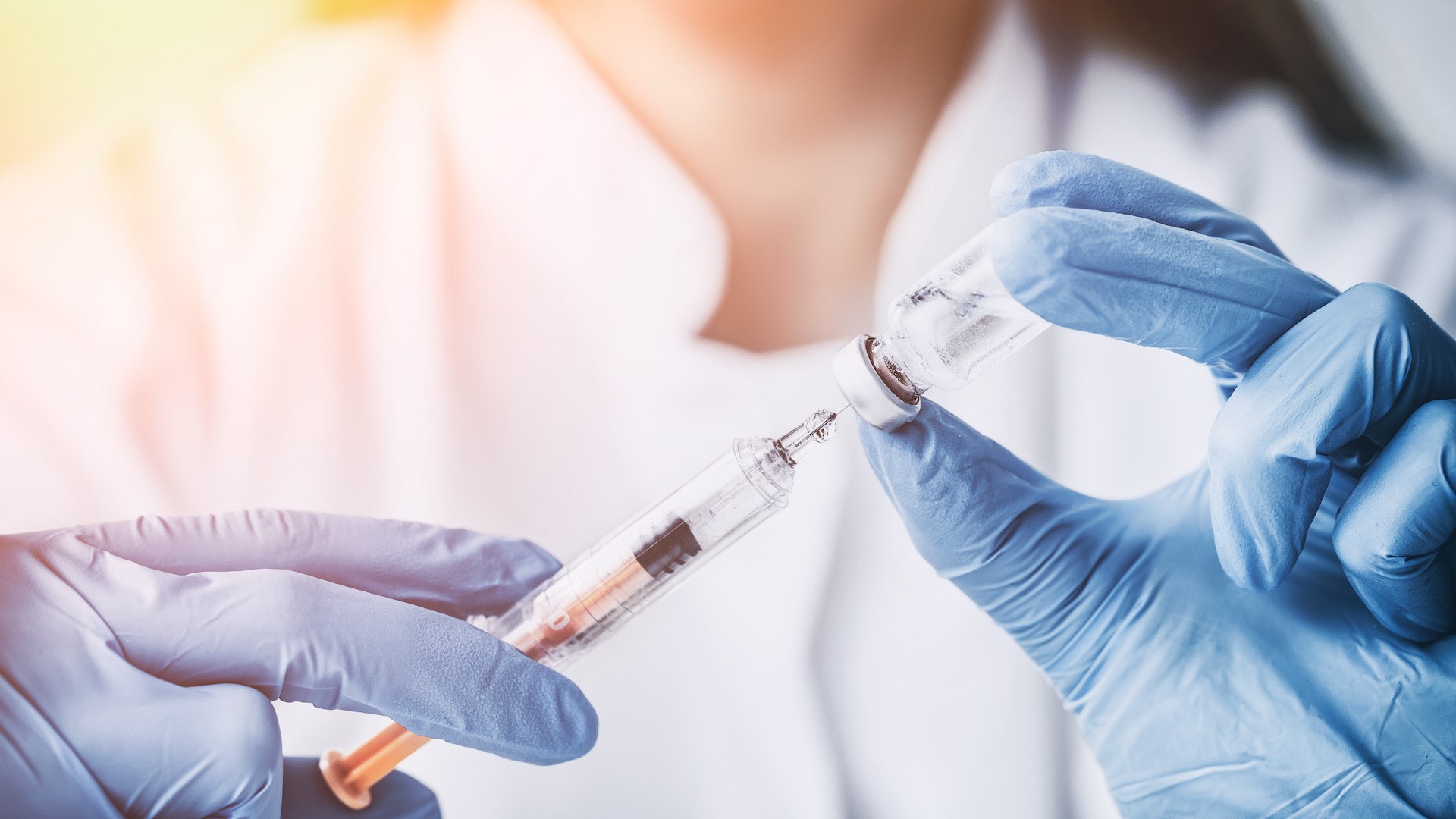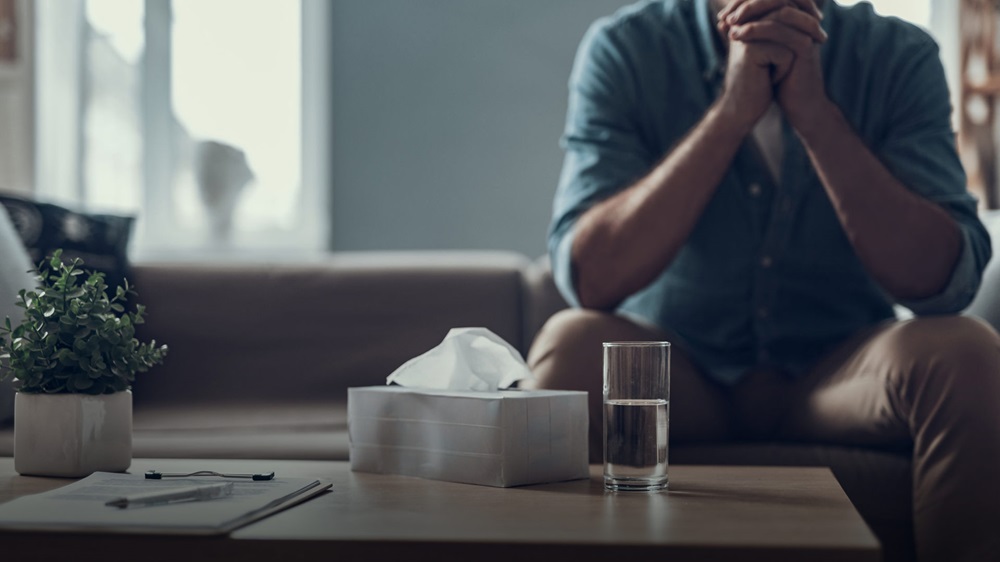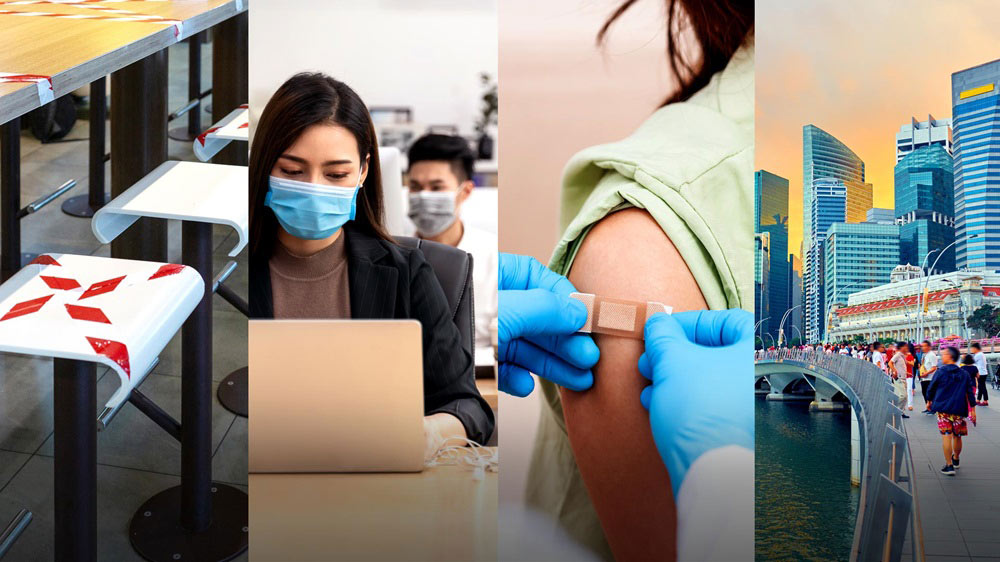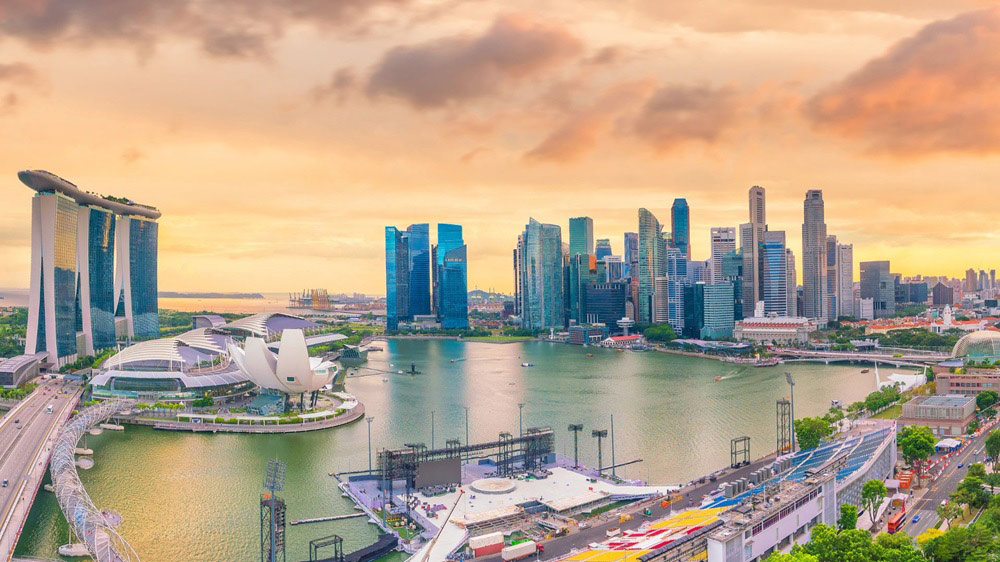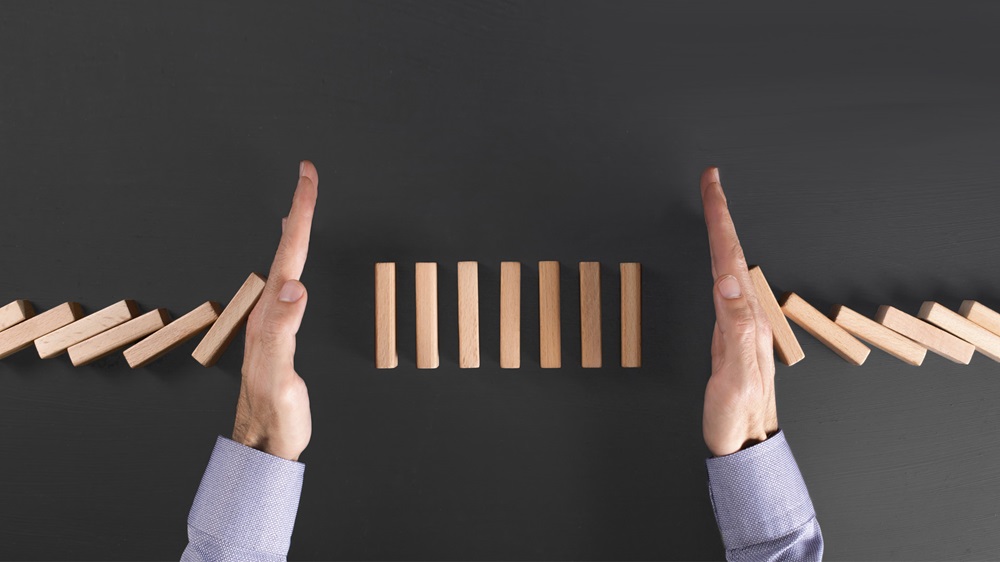
Global cases continue to rise, some countries experiencing resurgence of infections
Several countries experienced a resurgence of COVID-19 cases after a general resumption
of activities. Lessons can be drawn from these overseas experiences:
- Cases in Israel and Victoria (Australia) due to non-compliance to social distancing measures (eg. going out when unwell, organising large parties)
- Clusters in Hong Kong due to falling compliance to mask-wearing in restaurants and cafes
- South Korea and Tokyo had clusters in settings where there is close, prolonged contact between individuals (religious gatherings and night-life establishments)
Maintaining strict border controls
Singapore is adjusting our border controls in line with the COVID-19 situation abroad and risk of importation.
- Incoming travellers from Victoria, Australia; Japan; and Hong Kong
Travellers entering Singapore after 19 July 2020, 2359 hours, who have recent travel history, including transit, to Victoria, Australia; Japan; and Hong Kong within the last 14 days will have to serve their Stay-Home Notice (SHN) at dedicated SHN facilities instead of their own place of residence.
They will also need to undergo a COVID-19 test before they end their SHN. - Travellers who left Singapore, from 27 March 2020
All travellers who left Singapore from 27 March 2020 despite the prevailing travel advisory, and travellers who are not Singapore Citizens/PRs have to pay for their stay at dedicated SHN facilities.
If you are planning to enter Singapore, be prepared to be subjected to prevailing border measures upon entry, including payment for your stay at dedicated SHN facilities where applicable.
Elevated community cases, but unlinked Acute Respiratory Infection (ARI) cases are in low-single digits
There’s a daily average of around 12 new community
cases in the past week – around half of these are linked. Close contacts of confirmed cases are actively tested to ring-fence possible onward transmissions.
Targeted groups
are regularly tested to help detect unlinked cases in the community. About seven in 10 of the unlinked cases were asymptomatic and almost half are likely to be past infections.
Remaining cases in the community continue to be in the low single digits. Testing of those with ARI symptoms at first presentation have been scaled up and monitored closely; as it’s an indicator of underlying community transmissions.
Update at dormitories
As of 16 July 2020, around 232,000 workers have either recovered, or been tested to be free from COVID-19.
Testing of all workers should be completed by mid-August.
Additional decontamination measures have been put in place to allow recovered workers to leave the dormitories and resume work safely, without compromising public health.
Singapore cannot afford to be complacent, especially after we have resumed most activities after the Circuit Breaker period.
Continue to be vigilant
Experts have advised that COVID-19 can be transmitted through very small water droplets, which are released when speaking, coughing and sneezing.
- Wear your masks properly when outside of your home, except when eating, or drinking, or exercising
- Those feeling unwell, and vulnerable groups (such as the elderly and persons with concurrent medical conditions) should wear medical masks or reusable masks with better filtration capabilities (like the recent ones that the government had distributed to all Singaporeans)
- Avoid crowds, especially in enclosed spaces
- Keep your social circles constant and interact through non-physical means as much as possible
- Don’t gather in groups of more than 5 to minimise risk of transmission and large clusters forming
- Use TraceTogether and SafeEntry applications to facilitate contact tracing
For more information: Go.gov.sg/MOH-guardup
We use cookies to tailor your browsing experience. By continuing to use Gov.sg, you accept our use of cookies. To decline cookies at any time, you may adjust your browser settings. Find out more about your cookie preferences here .









